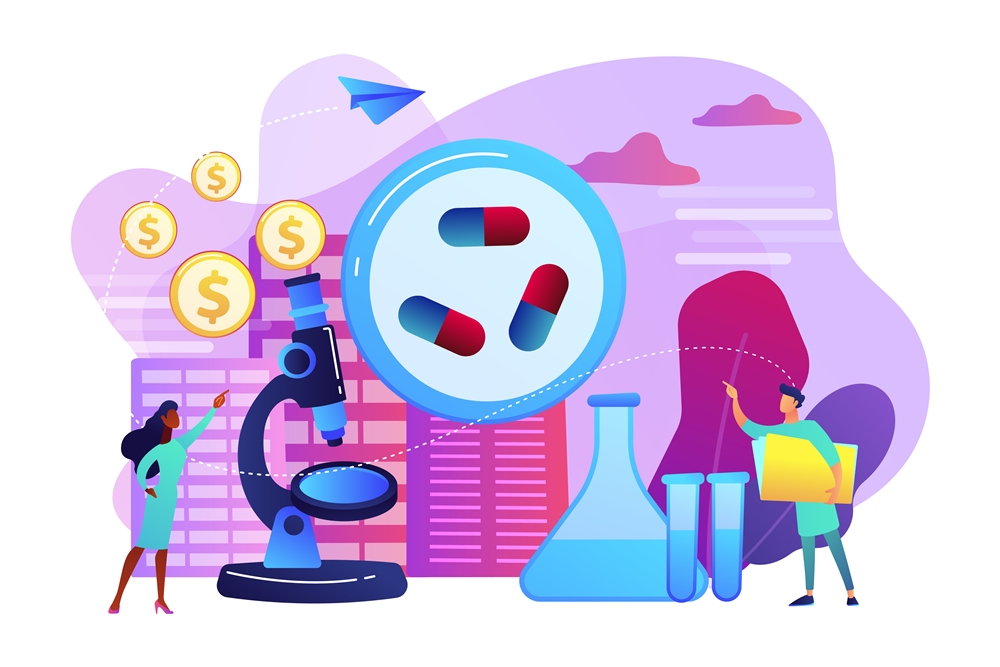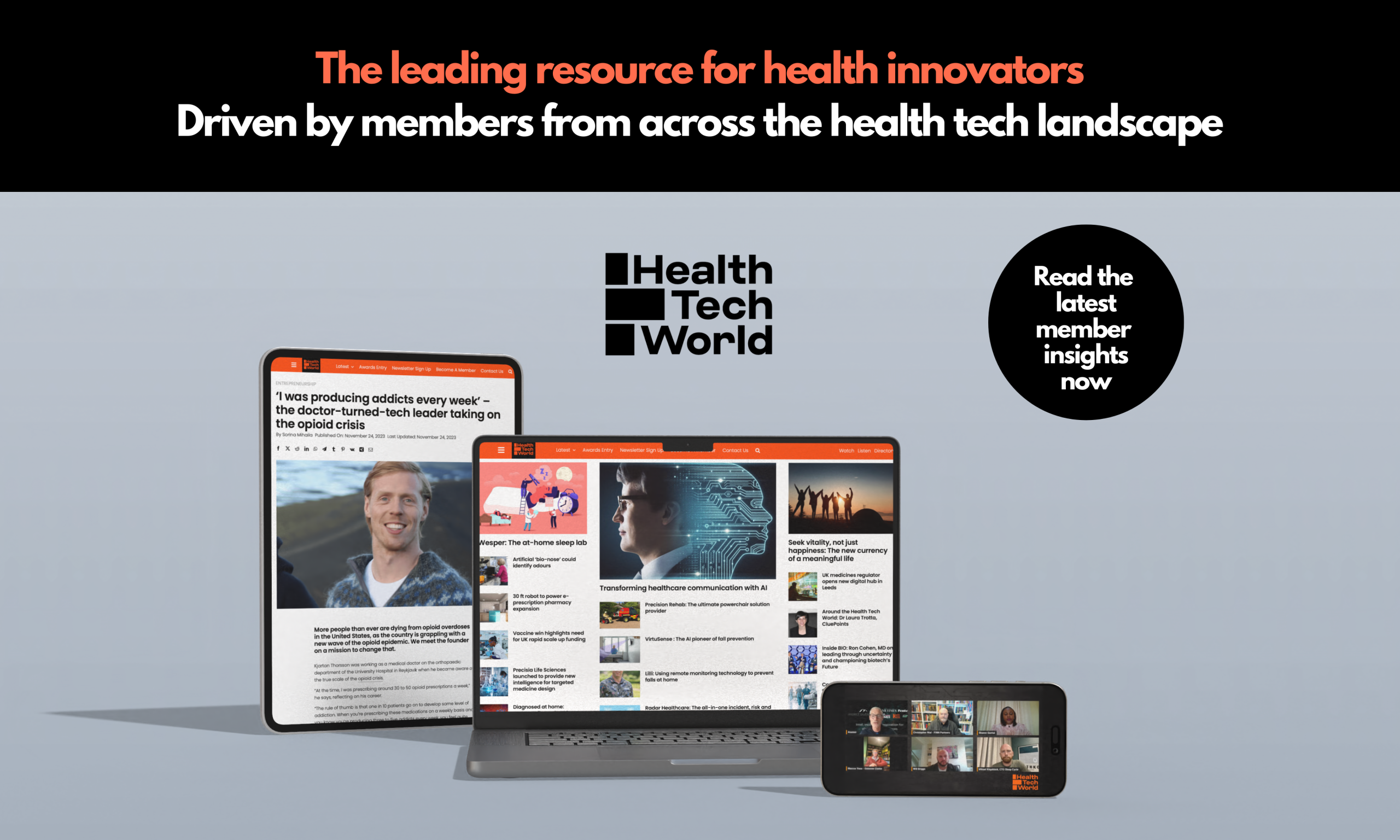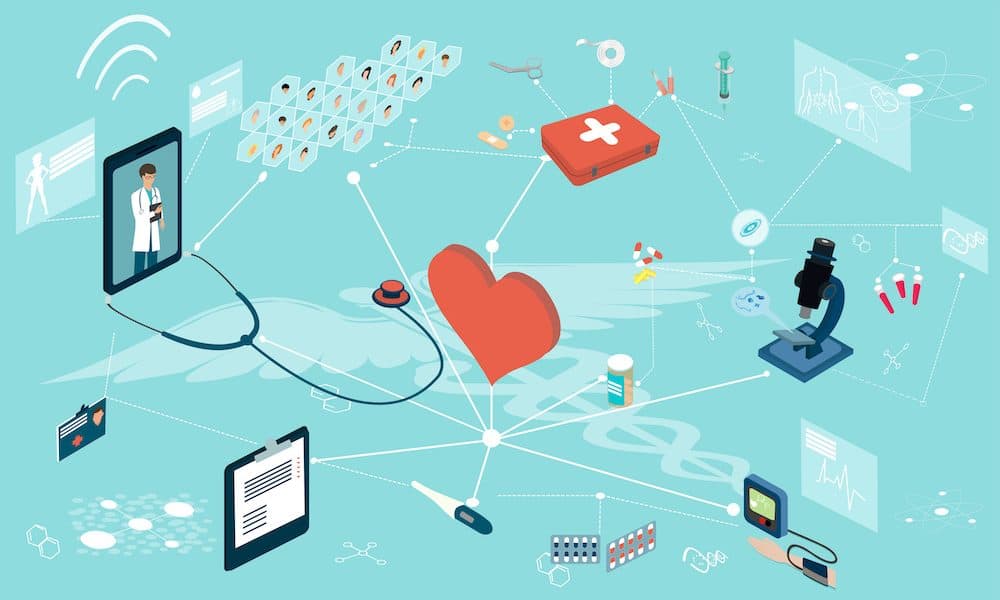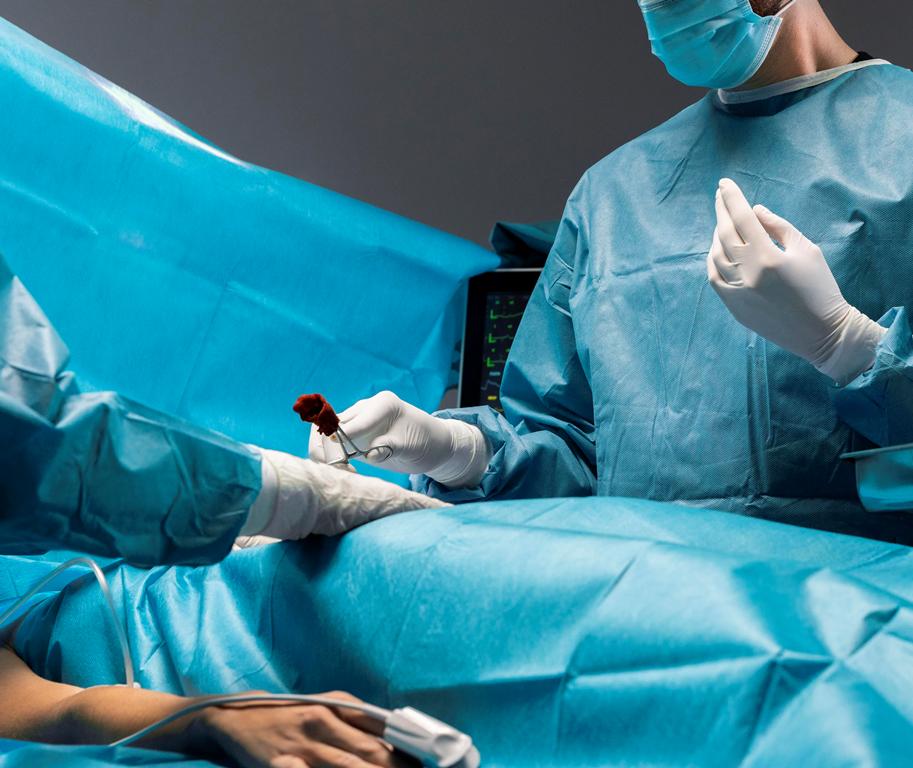Lilly launches AI-enabled drug discovery platform

Eli Lilly has launched a platform giving biotech firms access to AI models trained on proprietary data the company says cost more than US$1bn to build.
Lilly TuneLab will provide smaller biotechnology companies with drug discovery models developed using years of the company’s research data.
These include drug disposition, safety and preclinical datasets representing experimental data obtained with hundreds of thousands of unique molecules.
The platform, announced by Indianapolis-based Eli Lilly and Company, uses federated learning – a privacy-preserving method that allows biotechs to run Lilly’s AI models without either side exposing proprietary data.
Daniel Skovronsky is chief scientific officer and president of Lilly Research Laboratories and Lilly Immunology.
He said: “Lilly has spent decades building comprehensive datasets for drug discovery.
“Today, we’re sharing the intelligence gained from that investment to help lift the tide of biotechnology research,” said
“Lilly TuneLab was created to be an equaliser so that smaller companies can access some of the same AI capabilities used every day by Lilly scientists.
“By opening up access, we hope to accelerate the creation of new medicines for patients who need them.”
The company estimates its first release of AI models includes proprietary data worth more than US$1bn, which it describes as one of the industry’s most valuable datasets used to train an AI system available to biotech firms.
In return for access, selected biotech partners contribute their own training data, which Lilly says helps improve the system for all users.
The platform is hosted by a third party and was developed through partnerships with technology providers and AI/machine learning experts.
Nisha Nanda, group vice president and head of Lilly Catalyze360, said: “For many early-stage biotech companies, the promise of AI and machine learning in drug discovery remains just that — a promise.
“While the industry buzzes about the power of AI/ML to accelerate innovation, most small biotechs face a fundamental hurdle: they simply don’t have access to the large-scale, high-quality data needed to impact decisions and train truly effective models.
“With Lilly TuneLab we’re not just sharing resources, we are also compressing decades of learning into instantly accessible intelligence.
“Through this platform, we can help our biotech partners unlock novel scientific insights, make smart development decisions earlier, and increase their likelihood of success.”
Lilly TuneLab joins the company’s Catalyze360 initiatives for biotech partners, which include strategic capital via Lilly Ventures, laboratory space at Lilly Gateway Labs, and drug development expertise through Lilly ExploR&D.
Lilly said it plans to extend TuneLab’s features beyond the first release, including adding in vivo small molecule predictive models – computer tools that forecast how drug candidates might behave in living organisms – which will be available exclusively on the platform.










